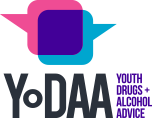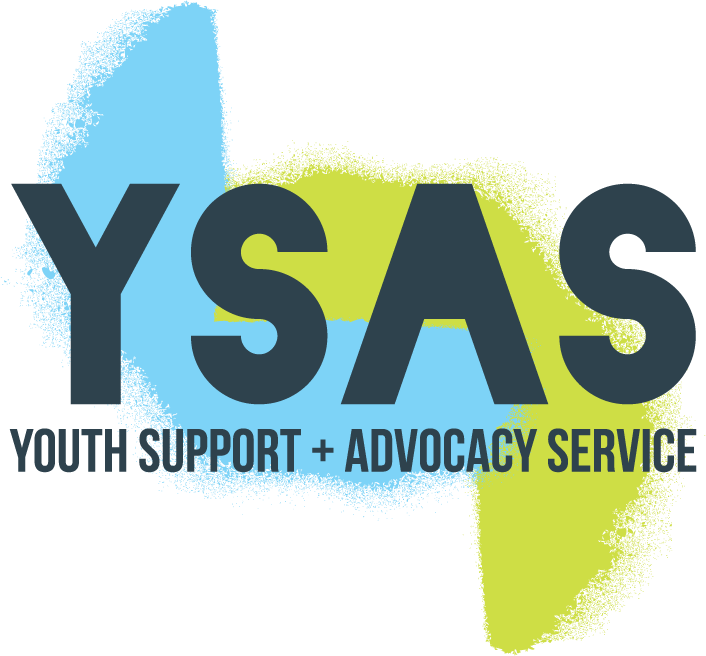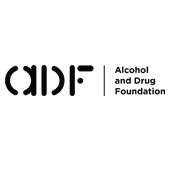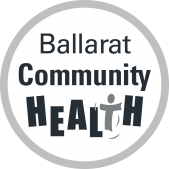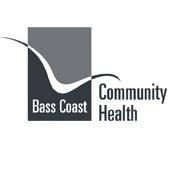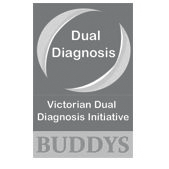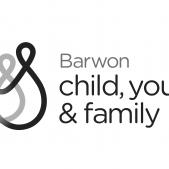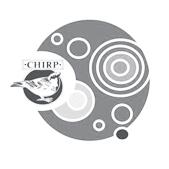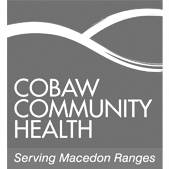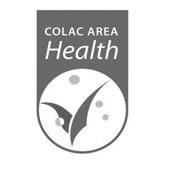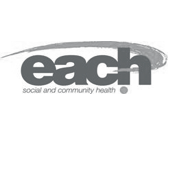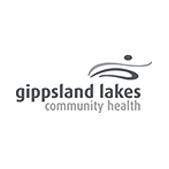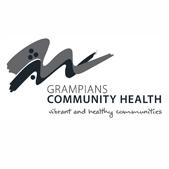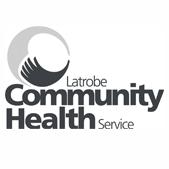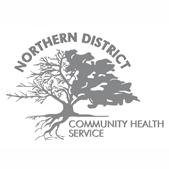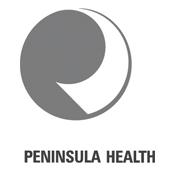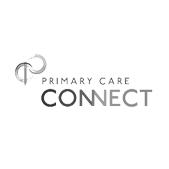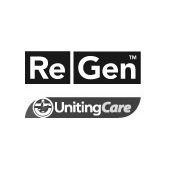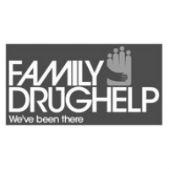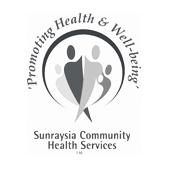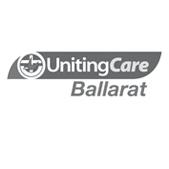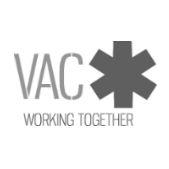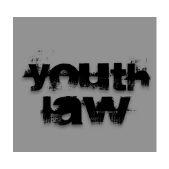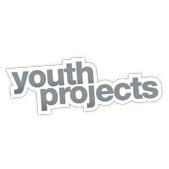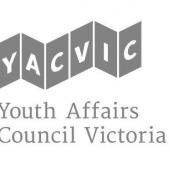Is in treatment, Needs a service
Will I be involved in treatment?
If a young person you care about is getting professional help or support, it is understandable that you would want to be involved or know as much as possible.
It can be really tough because there are very serious privacy considerations youth workers must adhere to and as a result it can feel like you are excluded.
This shouldn’t be the case. As well as taking privacy seriously youth AOD workers also understand that with a young person’s permission, some information can be shared. Similarly, workers understand that where a family is in a position to support a young person, family support and inclusion in treatment is shown to promote good outcomes.
In fact, more and more youth AOD services are actively working with and supporting families as one of the best ways to help a young person be safe and gain control over drug or alcohol use. So how will a service include and work with you?
The answer to this probably depends on your particular circumstances but very generally speaking youth AOD workers and services will do things like:
- provide information to you,
- provide education about young people and drugs,
- teach communication skills,
- teach family problem solving skills
- discuss appropriate limit setting
- help by holding or facilitating family meetings
Whatever the actual tasks a service undertakes with you the broad aims of a youth AOD service are to:
- Engage you in the support and care of a young person as much as possible
- Motivate you and other family/carers to be a support for a young person
- Build your capacity to provide emotional and practical support for a young person.
